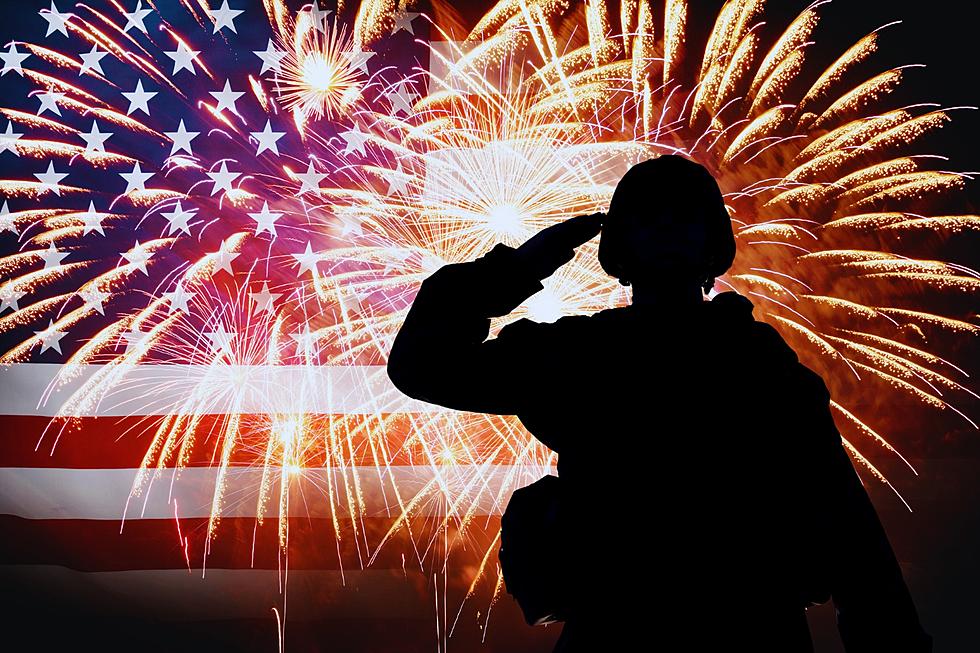
Tradition of Coins Left on the Gravestone of a Soldier
You may have visited a cemetery before and may have seen a headstone with coins on it. Do you know why? I thought I would share with you the meaning of placing a coin on the grave marker of a soldier that has made the ultimate sacrifice in the line of duty.
Of course, for some cultures it has different meanings. The ancients would place coins with the deceased with a belief that it would cover the fee to have them cross the river Styx. The tradition of leaving coins with members of the military, especially men or women that may have died in combat dates back to the Roman Empire.
For the United States, the practice became popular during the Vietnam War. With all of the political turmoil in the 60's and 70's surrounding the war, it was a way for friends and comrades to visit a fallen friend and leave a coin as a marker to the family that they had been there to pay respect, without having to contact the family directly, and possibly make a bad situation worse.
As for meanings of different denominations of coins. A friend, or an acquaintance that visits may only leave a penny. A nickel would be left by someone that may have been through boot camp, or trained with them, while someone that served in another platoon in the same company may leave a dime. A quarter would be left by someone that served in the same outfit, or was with the soldier when they died.
Some Vietnam veterans would simply leave coins as a "down payment" to buy their fallen comrades a beer or to play a hand of cards when they would finally be reunited.
This is a tradition that has been held onto by members of the United States Military. The money left at graves in national cemeteries and state veterans cemeteries is left in place for a time, but is eventually collected, and the funds are put toward maintaining the cemetery or paying burial costs for indigent veterans.
More From Eagle 106.3








![Memorial Day Weekend – What Are Your Plans? [POLL]](http://townsquare.media/site/171/files/2018/05/RS5584_104206024-1.jpg?w=980&q=75)
